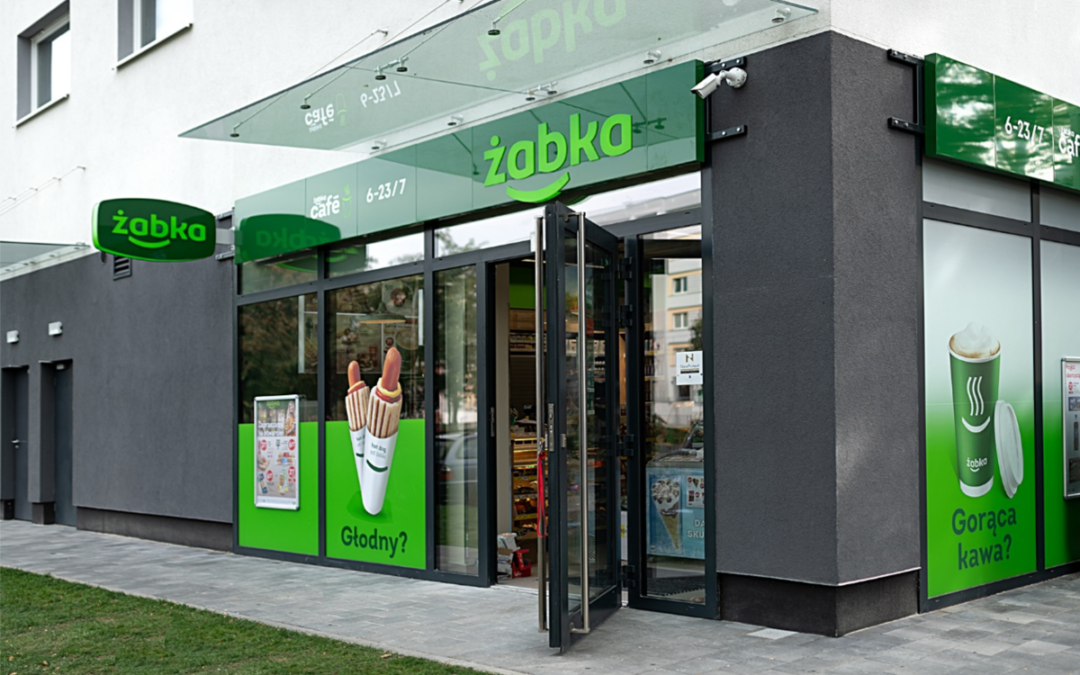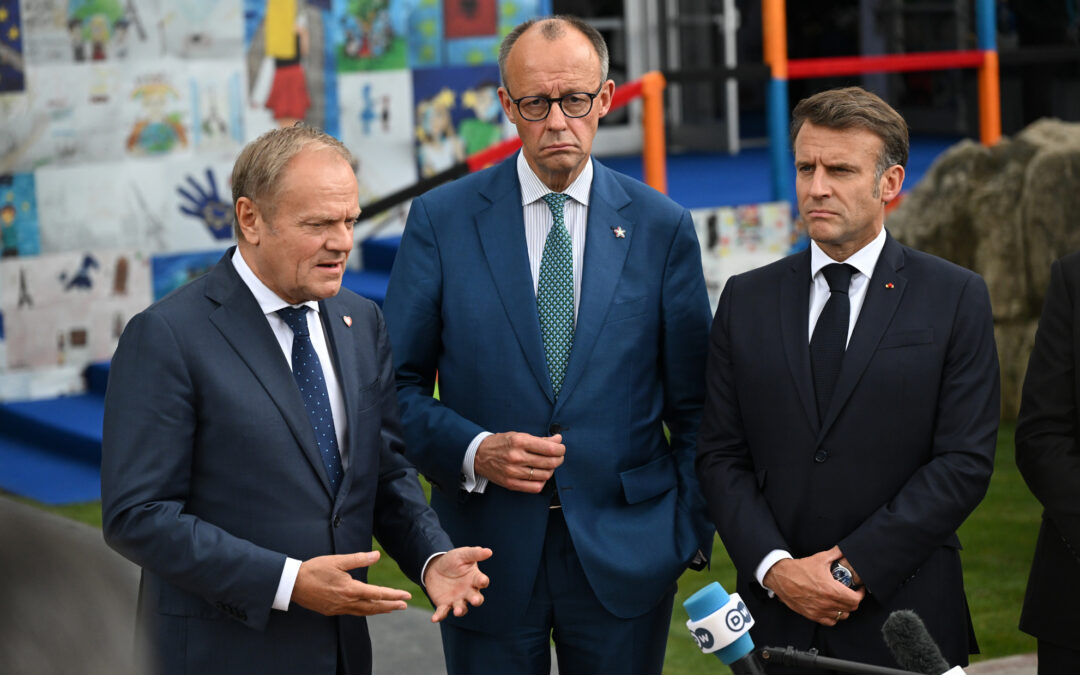Poland could seek to “buy back” the country’s largest convenience store chain, Żabka, from its foreign owners, says Jarosław Kaczyński, the chairman of the ruling party. However, a government spokesman and the owner of the chain say they are unaware of any such plans.
Speaking to supporters in the city of Puławy, Kaczyński expressed satisfaction that “we have largely succeeded…[in] our task of returning the most strategic parts of our economy from the hands of external capital”.
Since coming to power in 2015, his national-conservative Law and Justice (PiS) party has declared an aim to “repolonise” the economy by reducing foreign ownership of Polish businesses and assets.
But this work “is still in progress”, Kaczyński added, before noting that “one of the American funds owns Żabka…These stores may also be bought back. We are going in this direction”.
🔥KACZYŃSKI MA OCHOTĘ NA ŻABKĘ – sieć sklepów ❗️ pic.twitter.com/hBsDRNPfem
— WaszeForumDialogu (@DialoguW) October 13, 2022
The green-branded stores of Żabka (which means “Little Frog”) have become ubiquitous in Poland, with almost 8,800 of them dotted around the country, making it the largest such network in Central and Eastern Europe. Warsaw alone has over 1,000 Żabka outlets.
Founded in 1998 by a Polish businessman, Mariusz Świtalski, the firm has subsequently changed hands a number of times, passing between Czech private equity fund Penta Investments, UK retail giant Tesco and MidEuropa, as well as the current owners, Luxembourg-based private equity group CVC Capital Partners.
Asked for a response to Kaczyński’s remarks, CVC told Polish broadcaster TVN24 that “the reported statement does not refer to any specific process with our participation, so we have no grounds to comment on it”.
The government’s spokesman, Piotr Müller, meanwhile, told Radio Zet this morning that he “doesn’t know” about the plans. “In general, the acquisition of various types of companies on the market is possible. Perhaps some solutions in this area are planned, but I have no knowledge.”
The PiS government has been keen to bring foreign-owned businesses into Polish hands, arguing that it is in the national interest to do so. As part of this “repolonisation” policy, in 2020 state oil firm Orlen purchased hundreds of media outlets from their German owner.
Critics of the policy, however, argue that the aim is to bring more sectors of the economy under government control, noting that the Orlen-owned media have shifted to a more PiS-friendly line since the takeover.
In 2021, PiS passed a bill that would have forced the American owner of TVN, which is Poland’s biggest broadcaster and is often critical of the government, to sell it. However, the law was vetoed by President Andrzej Duda.
In 2020, two deputy ministers revealed that the government was considering launching a state-owned chain of grocery stores to support Polish agricultural producers and to help keep down prices for consumers. They indicated that this could happen by taking over an existing private network of shops.
In recent years, Żabka has drawn some criticism from the ruling camp for pioneering ways to evade the ban on Sunday trading introduced by PiS in 2018 at the behest of the Solidarity trade union and the Catholic church.
Because Żabka stores are run by thousands of franchisees, many have been able to remain open on Sundays by having the owner work behind the till, an exemption that was meant to help small, family-owned businesses.
Meanwhile, Żabka also exploited a loophole that allowed shops to remain open if they offered postal services. However, the government ended that possibility earlier this year.
“Does Kaczyński want to take over Żabka just to close it on Sundays?” tweeted Katarzyna Lubnauer, leader of the liberal Modern (Nowoczesna) opposition party.
Czy Kaczyński chce przejąć Żabki chyba tylko po to, żeby je zamknąć w niedziele?#Żabka
— Katarzyna Lubnauer (@KLubnauer) October 13, 2022
Main image credit: Żabka (press materials)

Daniel Tilles is editor-in-chief of Notes from Poland. He has written on Polish affairs for a wide range of publications, including Foreign Policy, POLITICO Europe, EUobserver and Dziennik Gazeta Prawna.




















